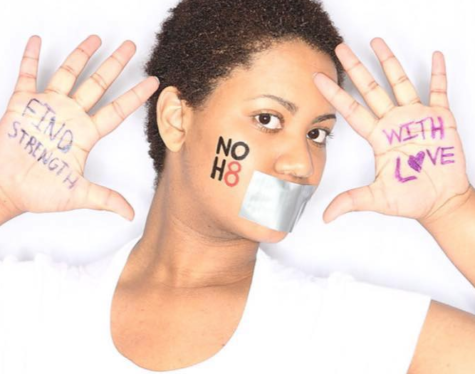Desperate to escape, more than 410,000 Rohingyas have fled violence from Myanmar security forces in Rakhine. Of the extraordinary amount of refugees, 60 percent are children, according to the United Nations.
As a minority, the Rohingya have become marginalized, so they do not have the access to the overall opportunities that the majority has, according to Suffolk University History Professor and Director of the Rosenberg Institute of East Asian Studies, Ronald Suleski.
Human rights groups have have reported instances of Myanmar security forces, as well as Buddhist vigilante mobs, shooting Rohingya non-combatants as they fled their villages. More than 1000 Rohingya have been reportedly torched during the conflict.
Hundreds of thousands of Rohingyas have been displaced and many others have been killed either by natural elements or by members of Myanmar’s military while fleeing the systematic assault. Many of those who were lucky enough to escape are currently camping in refugee camps in India or Bangladesh.
“In the case of the Muslims, the Rohingya, were always discriminated against,” said Suleski.
The vast majority of Rohingyas, a stateless Indo-Aryan people, reside in Rakhine, one of the country’s poorest states, according to Al Jazeera.
“Because of that, they became a poor community, so they don’t have the people who run the big businesses, the big schools, have the big money, or the big influence,” said Suleski.
The Rohingyas are a stateless minority living in a Buddhist majority country. The Rohingya account for approximately five percent of the roughly 60,000,000 Myanmar population, According to the Middle East Institute.
The Myanmar government has reported that “176 out of 471, or 37.4 percent of all Rohingya villages are now empty of people,” according to CNN.
“The other big problem with this particular situation is that [State Counselor] Aung San Suu Kyi is running the government, but the military has the real power, it has the military and the police power,” said Suleski.
In 1989, Suu Kyi was placed under house arrest, for “trying to divide the military.” Subsequently, in 1991 she became the receiver of the Nobel Peace Prize for her passivist approach to instilling democracy and civil rights into Myanmar. Suu Kyi later became Myanmar’s state counsellor in 2016, according to CNN.
“So, she’s in a very bad position of probably personally not liking this at all, but is afraid to speak out because she was under house arrest for so many years,” said Suleski. “If she starts coming out and pushing against the military they’ll find a reason to arrest her or who knows what they’ll do.”
The recent catastrophic events were in response to a “clearance operation” by the Burmese army in late August, according to The Guardian. This particular act of targeted violence had been issued as retaliation against the Muslim group after, “an insurgent Rohingya group attacked police outposts in Burma’s Rakhine state, and killed 12 security personnel,” according to The Independent.
While the Burmese military have a right to respond to the attacks that they have received, their response has been overwhelmingly disproportionate and has involved the burning of villages, according to Suffolk University adjuct Philosophy Professor Brian Kiniry.
“So [the violence is] completely illegal from an international legal perspective and even by local burmese law,” said Kiniry in an interview with a Journal reporter.
The attacks the Myanmar military have brought on the entire Rohingya community and not just the militants is utterly unlawful, according to Kiniry.
While the violence against the Rohingyas has become inflamed, these events are hardly random, for there is a long history of violence against the Rohingya community. Despite having lived there for centuries, the Myanmar government hardly acknowledges the Rohingyas. Myanmar does not identify the Rohingyas as citizens, but rather as immigrants from Bangladesh. Furthermore, in 2014 the country’s census did not recognize the Rohingya and forced them to identify as Bengali, according to the New York Times.
From 1842 until 1948, Britain ruled over today’s India and Bangladesh and Myanmar was considered a providence of India. However, when England’s control came to an end, Myanmar, India, and Bangladesh each formed their own government. The Rohingya are considered illegal immigrants because many people traveled to today’s Myanmar during British rule, according to Al Jazeera.






